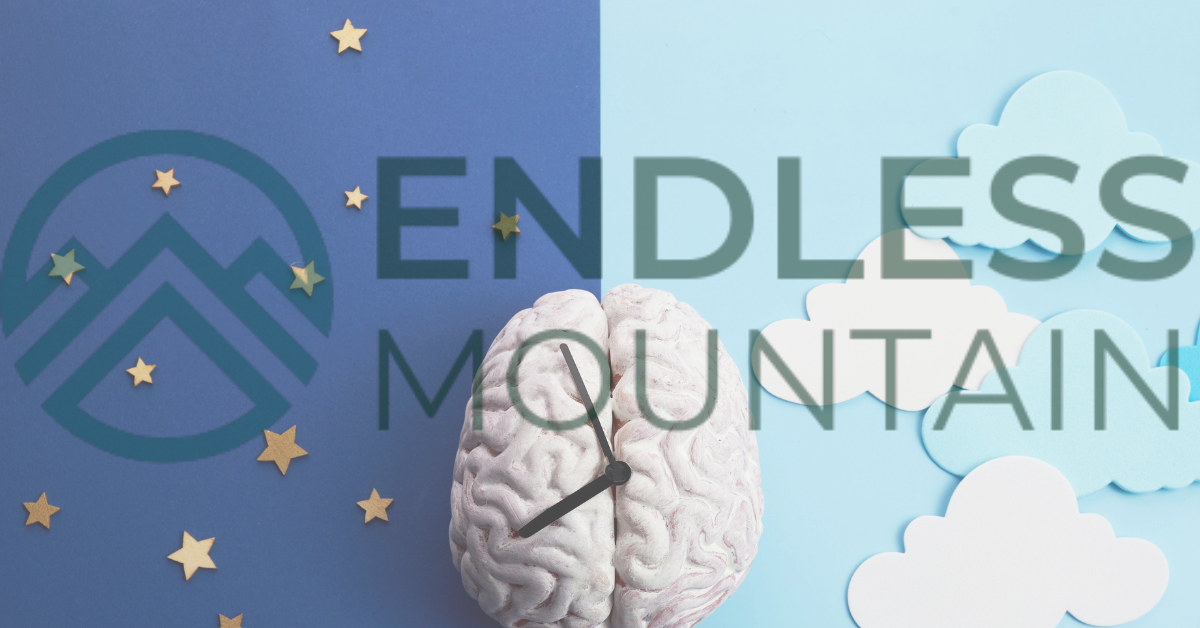Cognitive Processing Therapy (CPT) is a powerful therapeutic approach known for its effectiveness in addressing trauma and its associated impacts. In recent years, CPT has been increasingly recognized as a valuable tool in the realm of substance use treatment. In this blog post, we will delve into the principles of Cognitive Processing Therapy and explore its application in the context of substance use, shedding light on the transformative healing it can offer.
- Understanding Cognitive Processing Therapy (CPT): CPT is a evidence-based therapeutic modality initially developed to treat post-traumatic stress disorder (PTSD). It operates on the premise that our thoughts influence our emotions and behaviors, and by identifying and challenging distorted thoughts, individuals can experience significant improvements in mental health.
- Trauma and Substance Use: Many individuals with substance use issues have a history of trauma. Trauma can serve as a catalyst for substance use, as individuals may turn to substances to cope with the emotional pain and distress associated with traumatic experiences. CPT addresses the intricate connection between trauma and substance use.
- The Four Components of CPT: CPT consists of four main components:
- Education: Understanding the impact of trauma on thoughts and behaviors.
- Becoming Aware of Thoughts: Identifying and recording thoughts related to the traumatic experience and substance use.
- Challenging and Modifying Thoughts: Evaluating the accuracy of distorted thoughts and replacing them with healthier alternatives.
- Developing a New Understanding: Integrating the new perspectives gained through the process and fostering long-term change.
- Breaking the Cycle of Negative Thoughts: CPT is particularly effective in breaking the cycle of negative thoughts that contribute to both trauma-related symptoms and substance use. By challenging distorted beliefs and perceptions, individuals can disrupt the automatic link between traumatic experiences and substance use as a coping mechanism.
- Enhancing Emotional Regulation: Substance use often serves as a way to regulate and numb overwhelming emotions. CPT equips individuals with skills to manage emotions more effectively, reducing the reliance on substances as a means of emotional escape.
- Addressing Shame and Guilt: Individuals struggling with substance use issues often carry a heavy burden of shame and guilt. CPT provides a safe space to explore and reframe these feelings, promoting self-compassion and paving the way for healing.
- Applicability to Various Substances and Behaviors: CPT is versatile in its application and can be adapted to address a wide range of substances and addictive behaviors. Whether the struggle involves alcohol, drugs, or other addictive patterns, CPT can be tailored to meet individual needs.
- Integrated Treatment Approach: CPT is often integrated into comprehensive substance use treatment programs. Its combination of cognitive restructuring and trauma-focused elements aligns with the holistic approach needed for effective recovery.
- Research and Effectiveness: Numerous studies have demonstrated the efficacy of CPT in reducing both trauma-related symptoms and substance use. Its evidence-based foundation makes it a valuable asset in the therapeutic toolkit for individuals seeking recovery.
- The Journey to Lasting Recovery: CPT empowers individuals to take control of their thoughts, emotions, and behaviors, laying the groundwork for lasting recovery. By addressing the root causes of substance use through trauma-focused cognitive processing, individuals can embark on a transformative journey towards a healthier and more fulfilling life.
Cognitive Processing Therapy stands as a beacon of hope for individuals grappling with substance use intertwined with trauma. Its ability to unearth distorted thoughts, challenge negative beliefs, and foster a new understanding of past experiences contributes to a transformative healing process. As part of an integrated treatment approach, CPT serves as a guiding light on the path to lasting recovery, empowering individuals to break free from the shackles of trauma and substance use.

